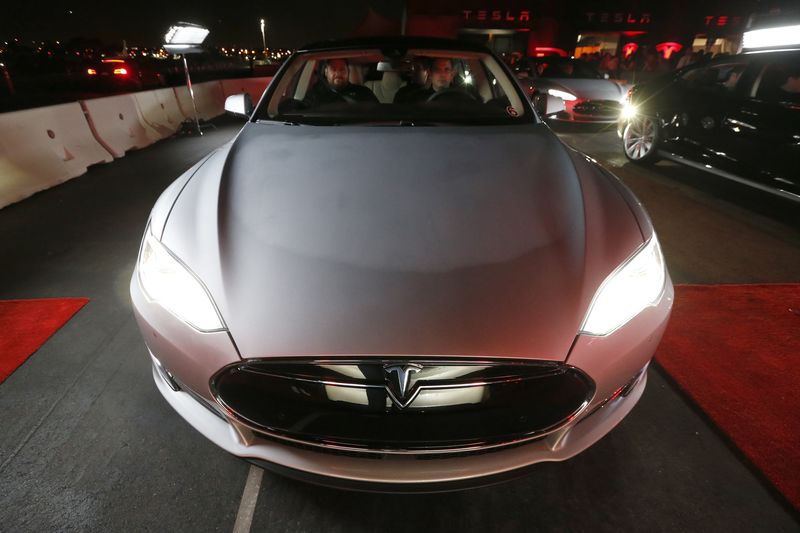Being a scientist five years younger than independent India who trained and worked in a country that was “developing” affords me (and my generation) an interesting perspective about the nation’s status in science in the early days of freedom and what we need to aim for in our centenary.
Many world-class scientists were born in the years preceding 1947, including JC Bose, CV Raman, Srinivasa Ramanujan, Meghnad Saha, PC Mahalanobis, HJ Bhabha, Vikram Sarabhai, and GN Ramachandran. Some of them — such as Raman, Mahalanobis, Bhabha and Sarabhai — built important scientific institutions and led programmes of strategic and social relevance, in addition to their excellent research. Add to this, the scientists who, though born in India, worked outside. These include Har Gobind Khorana, S Chandrasekhar and particle theorist ECG Sudarshan who perhaps missed the Nobel Prize twice.
This tide, however, dried up somewhat in independent India, with only a handful of scientists making a mark on the world stage and winning global accolades. The achievements of Indian engineers and scientists in strategic sectors are impressive. The successes of the nation’s space and nuclear programmes and successful scientific programmes such as the Giant Metrewave Radio Telescope indicate no shortage of initiative and creativity in the Indian science and technology ecosystem. But while we as a community do excellent science, we seem happy to follow and emulate, and not lead. It is not as though some fundamental issue is making us incapable of becoming leaders in science. The problem is elsewhere, and can be summed up under five heads — pushing more people to do science, making it more diverse and equitable, ensuring academic freedom, developing realistic expectations from scientists, and creating a ground-up approach.
My dream for Indian science in 2047 is that it occupies a position at the vanguard in the global march of science and technology (S&T). How do we achieve this? Many fine minds have devoted a lot of thought to this, and the authorities have implemented their suggestions. I do not claim to have a perspective on all these efforts, nor want to summarise them.
Increasing the fraction of India’s population that trains in science and technology is the essential first step. The number of researchers (not just in science) per million people in the United States, for example, is around 5,000. In 1996, China and India had 436 and 152 researchers per million people, respectively; today, the numbers are about 1,600 and 250, respectively. Of late, China has been pulling away from India in high-tech and mega-science projects in astronomy or astrophysics, lasers, space programmes, particle physics and quantum communication. It is clear that the increased numbers of full-time equivalent in science are necessary for the journey to the top. I should add that increased spending has also helped China. But we will come to that later.
Several programmes are in place to attract young people. I am reminded of the National Science Talent Search programme in the 1970s. Many of today’s esteemed scientists, including Nobel Laureate V Ramakrishnan were “graduates” of that system. We have had the Kishore Vaigyanik Protsahan Yojana and the more grassroots INSPIRE scholarships. All these have been praiseworthy efforts and have been largely successful to an extent.
But given India’s vast population and geographical expanse, these programmes need to be expanded. There is a need for more local programmes rather than top-down administration of schemes. I am aware of (and have been involved in) some good programmes at the state level (and in local languages) in Kerala, Karnataka and Maharashtra.
The value addition to science (or research in general) due to increased diversity is a factor that has attracted little or no attention, or appreciation. But this forms the second step.
In the late 18th and early 19th century, the Netherlands started the Hogere Burgerschool, emphasising that education in exact sciences also increased access to higher education. Today the nation pulls far more than its weight in basic sciences and high tech. Achieving equity and inclusion in higher education and research environments is thus essential for scientific excellence.
India’s diversity makes it many countries in one. We must ensure that the science ecosystem benefits from an increased gender balance, more access to higher education and S&T in remote areas and to all classes of society — that too in local languages and with attention to traditional knowledge systems. Rising access to the internet can help the process.
India’s science, technology and innovation policy rightfully emphasises these two aspects. But more researchers, and more diverse researchers, will not deliver the desired effects if we starve the scientific ecosystem of the necessary funds, and stifle it with bureaucratic hurdles — the third step.
We must appreciate that investments in S&T are akin to planting trees today whose fruits will be enjoyed by future generations. The need for the scientific community to be accountable to funding bodies is important, but the authorities do need to make it easier for scientists to manage funds so that they can spend their time fruitfully on research.
Academic freedom is crucial for a healthy and productive scientific community. Things seemed to have improved in this context, compared to the early days after Independence, but in recent decades, we seem to be sliding again. Educating Indian political leaders and society about the importance of timelines in the execution of significant scientific endeavours will avoid unfortunate events, such as the stalling of the government-funded India Neutrino Observatory programme due to non-scientific obstacles.
One also needs a balanced approach towards the expectations of what scientists can deliver to society and time scales on which this can happen — the fourth step. During Covid-19, the Indian scientific and engineering community rose to the occasion. It could do so because it could repurpose the efforts put into basic science and engineering research over the decades. Raising awareness of all this in all sectors of society at all levels is essential. We, as a society, have to have a realistic understanding of both the romance and realities of scientific research.
In India, scientific research is largely State-supported. Maybe the situation will change one day, and there will be more corporate support. But until that happens, I believe that the decisions of the State and the funding bodies on future directions in science should be supported by detailed dialogue with the broader scientific community. This is the final step.
In the US, town hall meetings, sustained community efforts, and reports from scientific academies inform the broader public of key decisions. The process gives all stakeholders a say. Such ground-level efforts are missing in India. Here is hoping that the Indian scientific ecosystem in 2047 will be organised more bottom-up than top-down, have equitable contributions from diverse sections, and be ready to take its rightful place among the leaders of great science.
Rohini Godbole is a theoretical particle physicist and an honorary professor at the Indian Institute of Science The views expressed are personal















